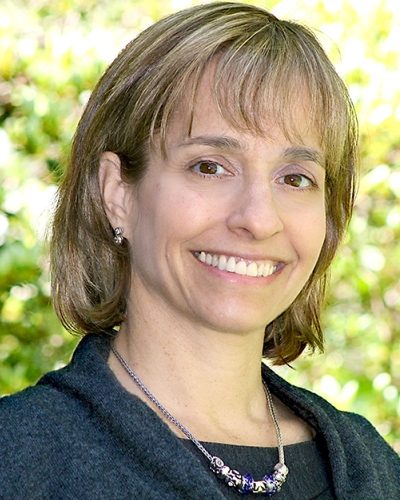In preparing for Passover it is so easy to get lost in the logistics – the guest list and the table settings, the matzah and the menu. The seder is such an elaborate meal.
The Shabbat before Pesach calls us to plan ahead with intention. This coming Shabbat has a special name – it is called Shabbat Hagadol, the great Sabbath. Its name reflected the great length of the service as rabbis traditionally gave a sermon on this day covering the many laws of the holiday.
We would be well served to focus this Shabbat on the haftarah. Our prophetic reading from Malachi concludes with an optimistic vision: “Lo, I will send the prophet Elijah to you before the coming of the awesome, fearful day of the Lord. He shall reconcile parents with children and children with their parents… Lo, I will send the prophet Elijah to you…”
When we think about pouring wine in a special cup for Elijah and opening the door for Elijah, I am reminded of a story Rabbi Levine shares in his book. He was affiliated with a wealthy synagogue on Manhattan’s Upper West Side and was leading an interfaith Passover seder with a Harlem Baptist church, when a ten-year-old, African-American girl named Chaminique inquired, “Hey Mister Rabbi, who’s drinking that wine?”
She was referring to Elijah’s cup. When Rabbi Levine explained that when we open the door, we hope Elijah will come and drink the wine, she asked, “Why do you do that?”
Rabbi Levine further explained, “We believe that if Elijah comes, he will announce the coming of the Messiah. Chaminique, you believe Jesus will come again to make the world a better place. We don’t believe that Jesus was the Messiah, but we are still hoping that the Messiah will come to our world, soon.”
“And you do this every year?” she asked. “You open the door for Elijah and hope the
Messiah will come right after and heal our world?”
“Yes,” Rabbi Levine responded.
“Why are you still waiting?” she asked. “Why don’t you do it yourself?”
This story is from the opening of Rabbi Levine’s book, There Is No Messiah, and You’re It. As the title notes, rather than waiting for a Messiah, Rabbi Levine believes we must take it upon ourselves to bring about a messianic time. I believe the same.
There are so many critical issues of our day – the environment, poverty, gun violence, White Nationalism, antisemitism, Islamophobia, racism, political polarization that prevent us from hearing each other and finding the common ground that is critical to our progress as a community (just to name a few).
Consider asking your guests not only to bring a dish to the seder, but a reflection or quote about an issue about which they care. And take time to discuss the issues throughout the seder.
Passover is a time to celebrate the redemption of Exodus that was, to explore the redemption that needs to be, and to commit to playing a role in bringing that about.
Chag Pesach sameach!




